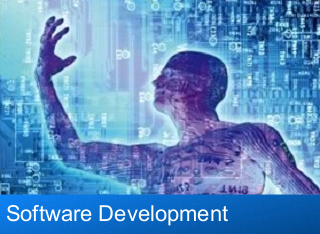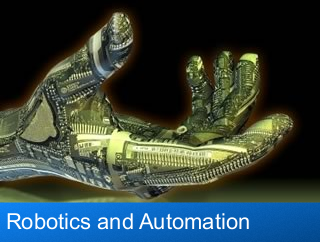 Machine learning methods have produced some of the financial industry’s most consistently profitable proprietary trading strategies during the past 20 years. With markets, sick trade execution and financial decision making becoming more automated and competitive, cialis canada practitioners increasingly recognize the need for machine learning.
Machine learning methods have produced some of the financial industry’s most consistently profitable proprietary trading strategies during the past 20 years. With markets, sick trade execution and financial decision making becoming more automated and competitive, cialis canada practitioners increasingly recognize the need for machine learning.
A continuous push can be witnessed for increased diversification of services and products, requiring increasingly efficient and effective organizations and production environments.
The challenge for the managers would be to design and control processes efficiently and effectively. To achieve this goal it is critical to have a good understanding of the Business Process, the control and the management (i.e. the field of designing and controlling) of which focuses more on decisions that are taken on the real time, operational and tactical level of decision making, for example production planning, resource allocation and budgeting.
In employing machine learning techniques, we provide you with insight into business processes (i.e. Process Discovery), offering you methods for the understanding of business processes using data. Since process discovery is related to management trends such as business processes reengineering, business Intelligence, business processes analysis, continuous process improvement and knowledge management. It can be used as an input model for business processes reengineering and continuous process improvement activities.
To design a system that supports business processes, we can design and constructs a detailed model accurately describing the process.
By using empirical data, here we offer our customers “develop laws and theories that explain, predict, understand, and control phenomena”, as well as to create a solid base to develop systems that efficiently support and control the business processes.
We would apply machine learning, enabling you to understand the processes on the basis of data, by means of clustering process related measures, induction of predictive models, and process discovery by targeting the analysis of two sorts of data, namely aggregated data and sequence data.
Some of the financial areas covered are high frequency data, trading strategies, execution models, forecasting, volatility, extreme events, credit risk, portfolio management, yield curve estimation, option pricing, selection of indicators, models and equilibrium.
The machine learning methods employed will engage some or all of the following for an individual customer, reinforcement learning, optimization methods, recurrent and state space models, on line algorithms, evolutionary computing, kernel methods, Bayesian estimation, wavelets, neural nets, support vector machines and boosting or multi agent simulation.
The data mining we provide in finance also offers applications, such as in forecasting, exchange rates, stock directions and rating stocks for portfolio, allowing interested readers to start building their own models. Relational data mining, is one that is better suited for financial mining, as it is able to make greater use of underlying domain knowledge with a better ability to explain the discovered rules, this ability is critical for avoiding spurious patterns which inevitably arises when the number of variables examined are very large.
The Previous algorithms, ILP, suffered from a relative computational inefficiency and had rather limited tools for processing numerical data whereas RDM would reduce the search space and speeds up the algorithms.










